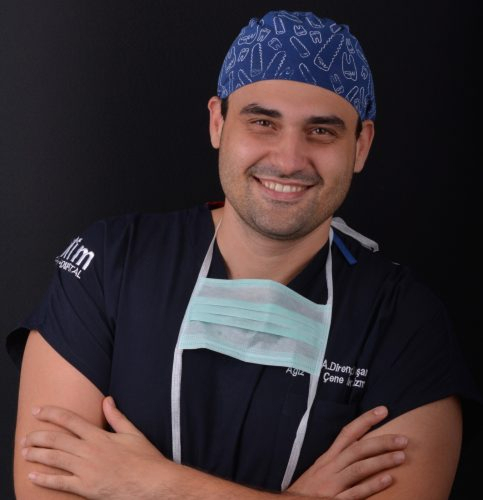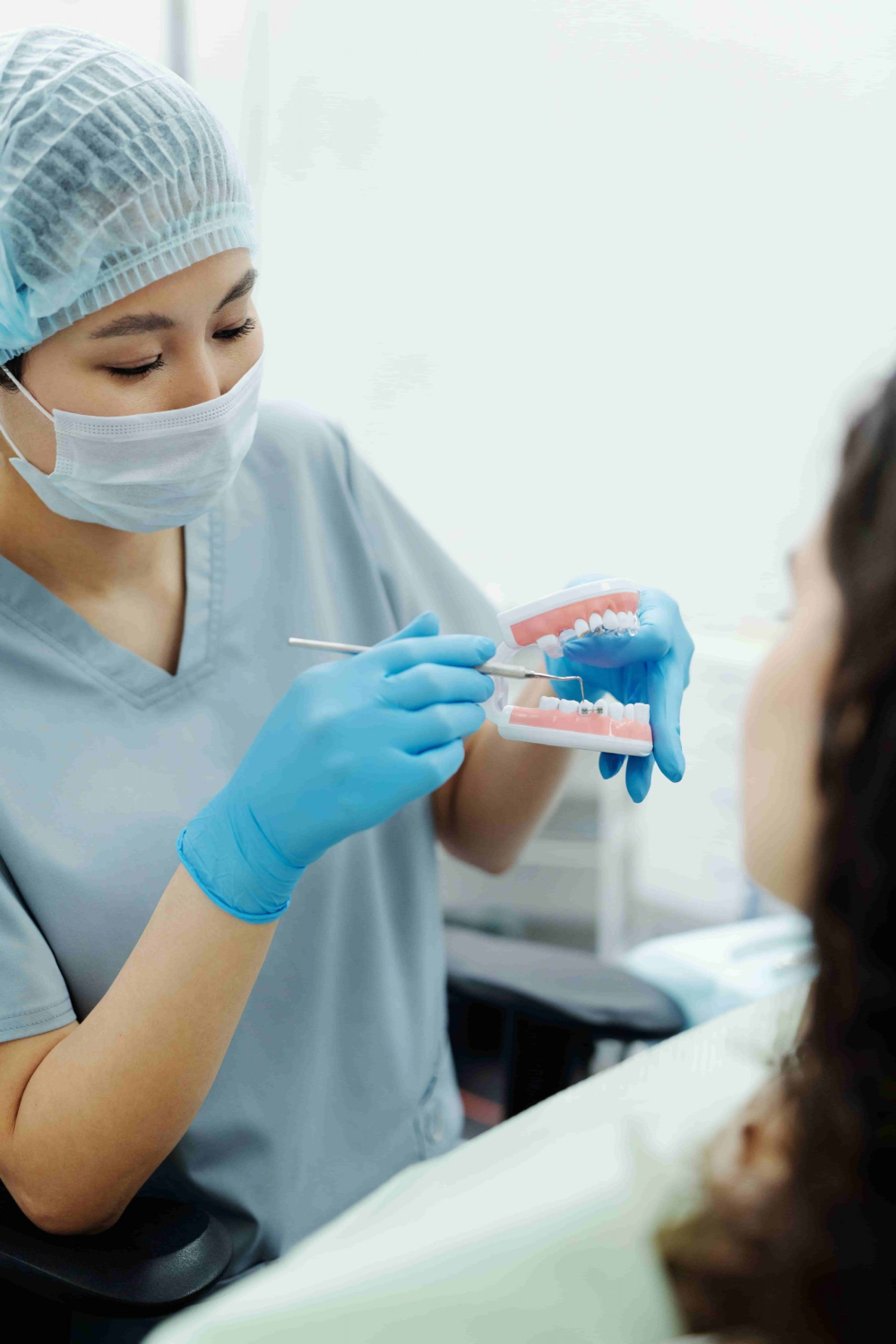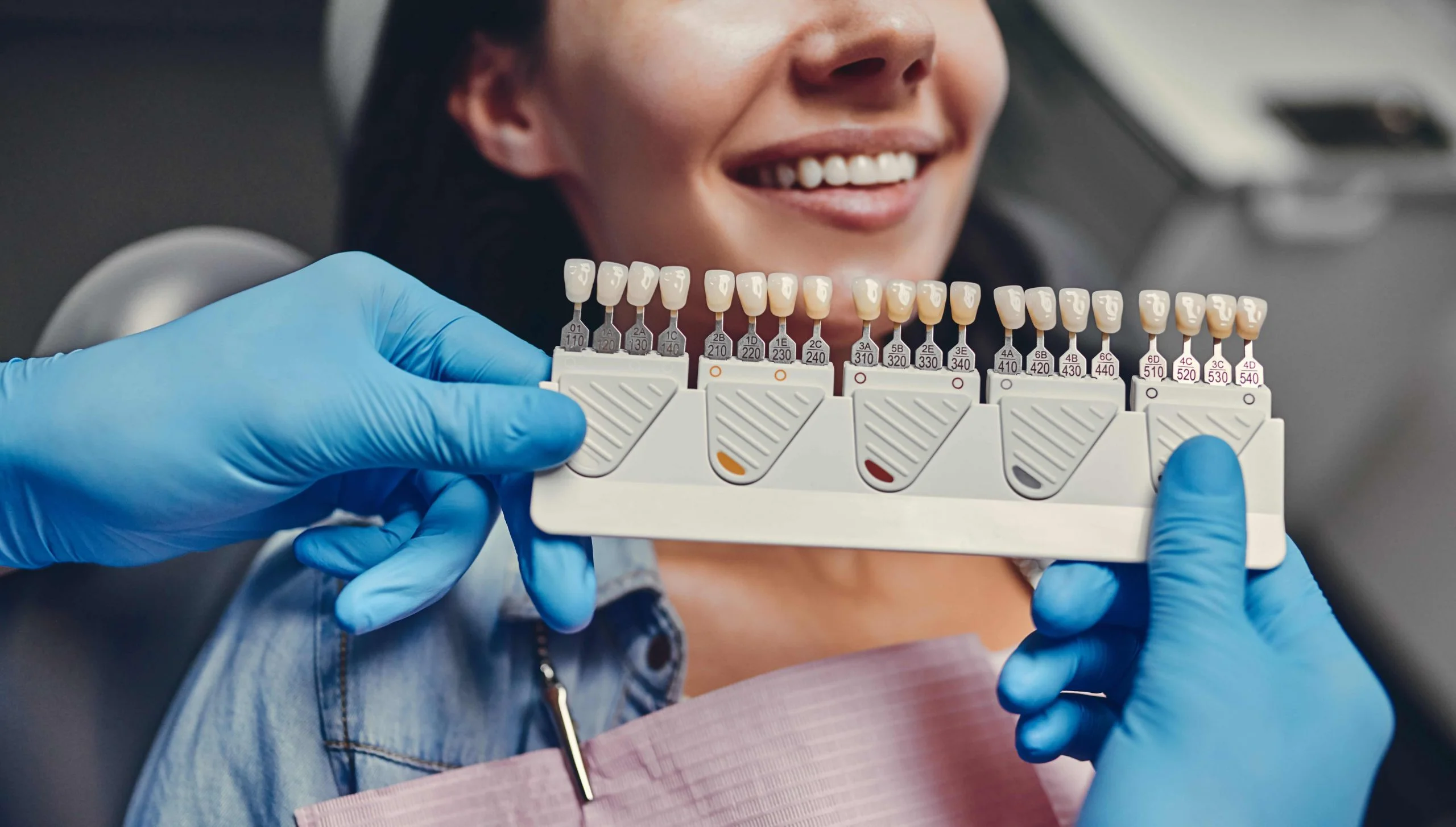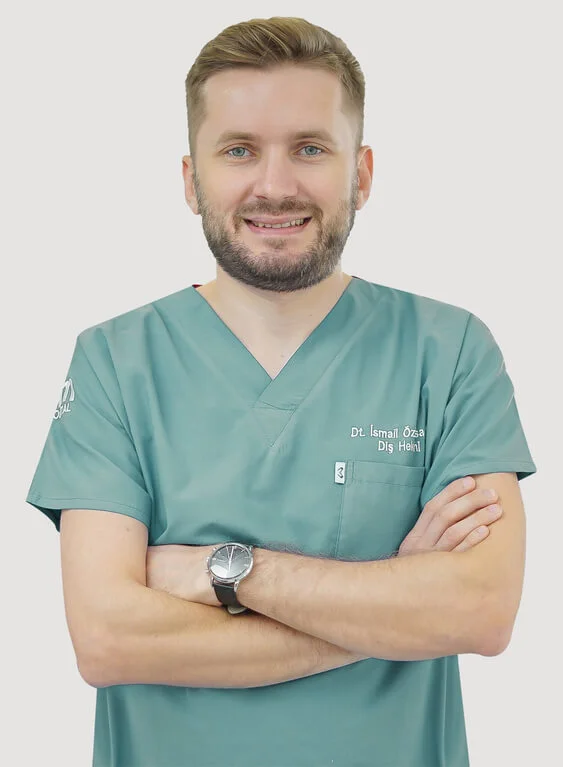

Wisdom teeth are the third molars located at the very back of the mouth. There are four in total, and they typically erupt between the ages of 16 and 25. Although commonly called "20-year teeth," they may erupt much later in some individuals.
Since everyone’s jaw and tooth anatomy is different, wisdom teeth do not always cause problems. However, some individuals may experience symptoms such as:
Your dentist can determine whether your wisdom teeth are present, their position, and whether they are likely to erupt on their own by performing an examination and taking X-rays.
Because they are the last teeth to erupt, wisdom teeth may not have enough room in the jaw. They can remain partially or fully trapped beneath gum tissue or bone due to:
If the wisdom tooth erupts properly, aligns with the opposite tooth, and does not disturb the dental arch, extraction may not be necessary.
However, extraction is recommended in cases such as:
For wisdom teeth that are fully visible in the mouth, the procedure is similar to normal tooth extraction.
However, impacted wisdom teeth require surgical extraction, which may involve gum or bone removal.
It is normal to have mild swelling, slight bleeding, pain that improves with medication, or temporary limited mouth opening.
However, immediately contact your dentist if you experience:
The inability of wisdom teeth to fully erupt, their tendency to decay, and the discomfort they cause—often severe enough to disrupt sleep—make them one of the most problematic teeth for many individuals. Because wisdom teeth structurally pose more challenges than others, they must be evaluated with extra care.

Can braces or Invisalign fix severe jaw misalignment (Class II/III)? Orthodontic Specialist Dr. Begüm Ulaşan in Bursa explains when orthodontics alone is enough and when Orthognathic Surgery is required for true skeletal correction. Get a personalized analysis.

Dental veneers offer numerous benefits, including aesthetic improvement, durability, and minimal invasiveness. They provide quick, long-lasting results that enhance your smile's brightness, straightness, and overall appearance, boosting your confidence and self-esteem.

Milim Dental Hospital isn't just a clinic—it's where confident smiles begin. With a team of world-class specialists, advanced technology, and a patient-first approach, we turn dental care into a premium experience.
We prioritize hygiene, comfort, and tailor-made treatments designed just for you. Don’t just take our word for it—explore real stories from real patients.
Your perfect smile starts here. Join the Milim experience.




Milim Dental Hospital provides comprehensive dental services in a spacious 1,000 m² facility, supported by a wide team of dental professionals including specialists in Oral and Maxillofacial Surgery, Prosthodontics, Orthodontics, Pediatric Dentistry, and Periodontology.

Would you like to see real patient results? Feel free to explore our Case Gallery!